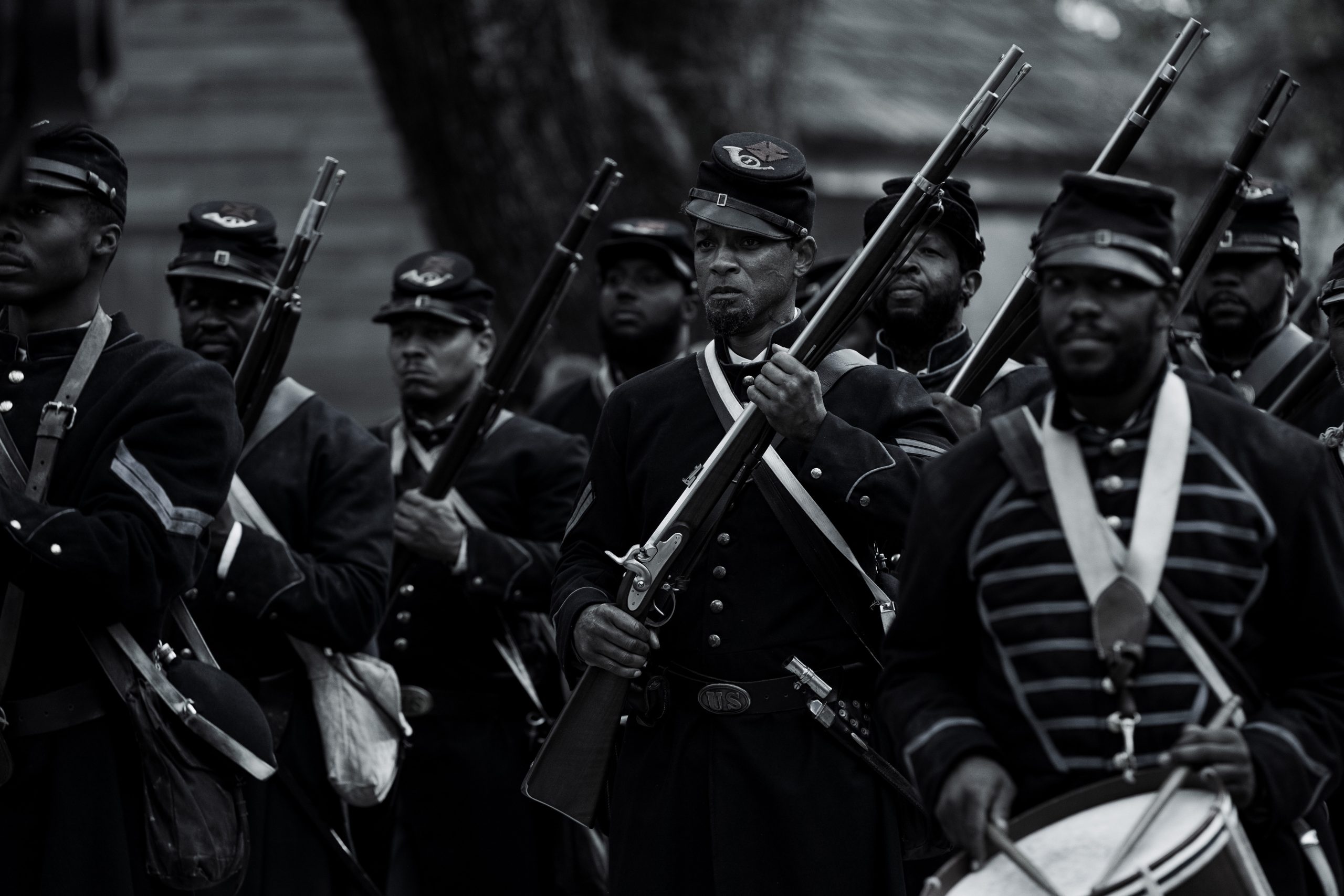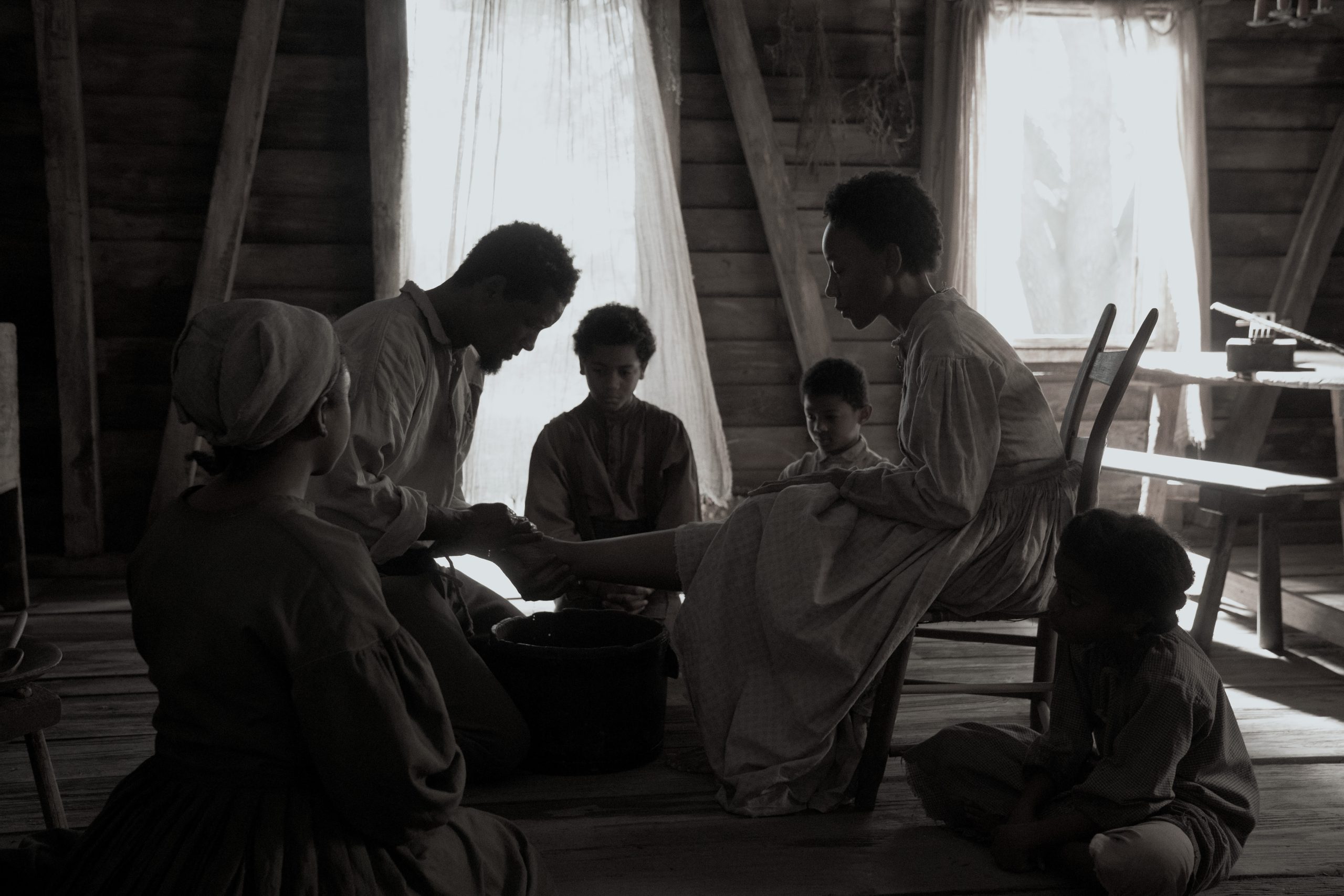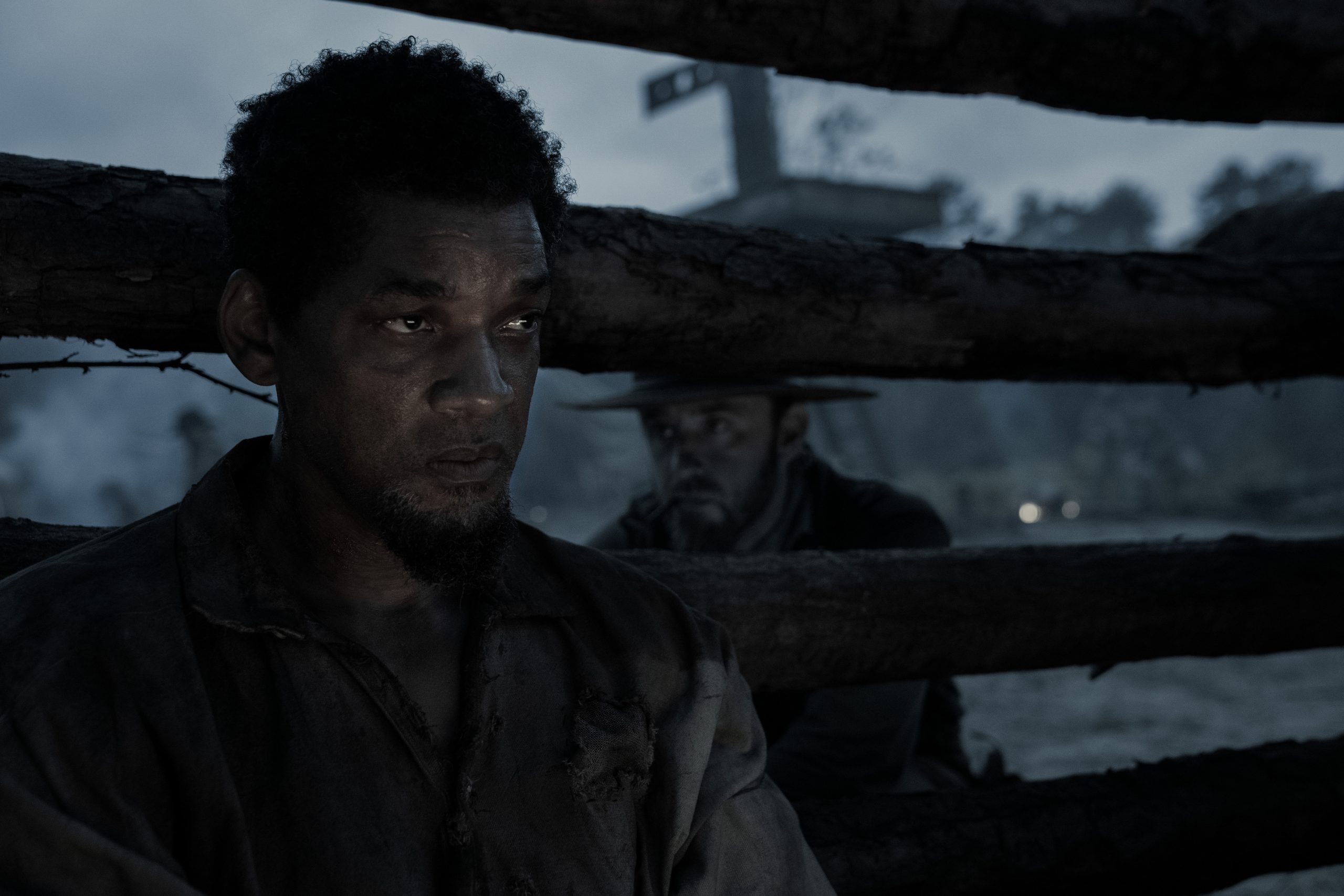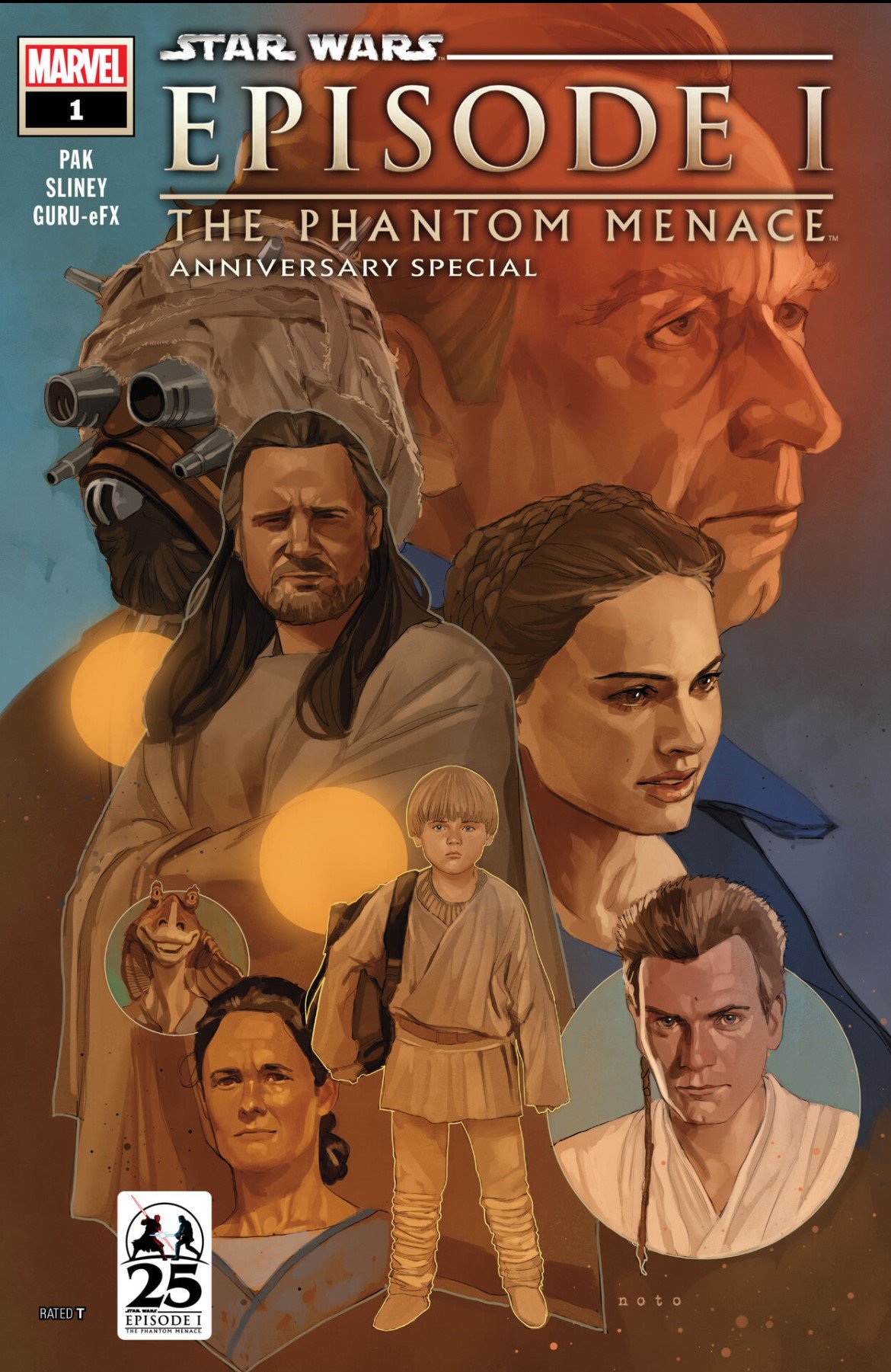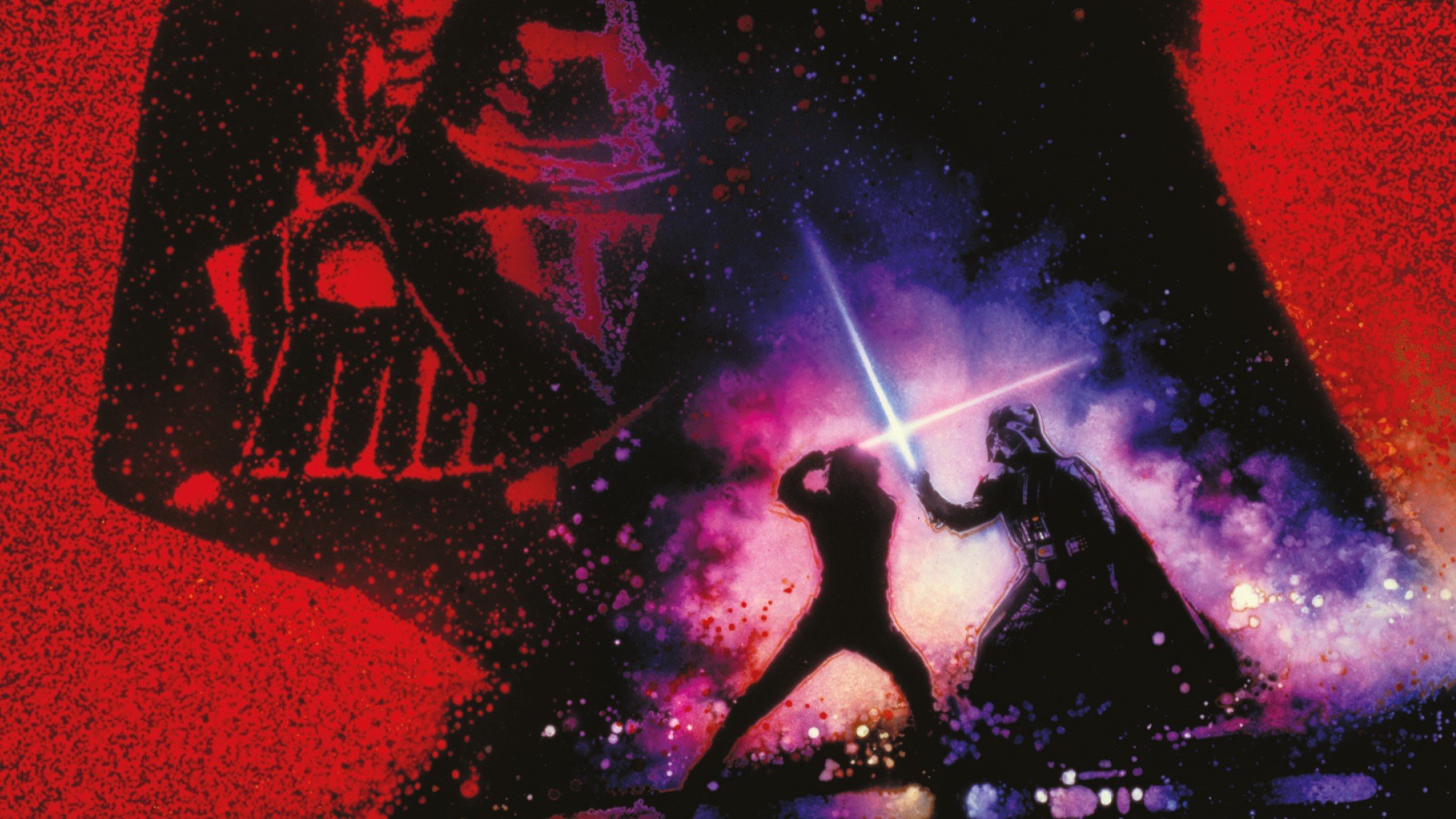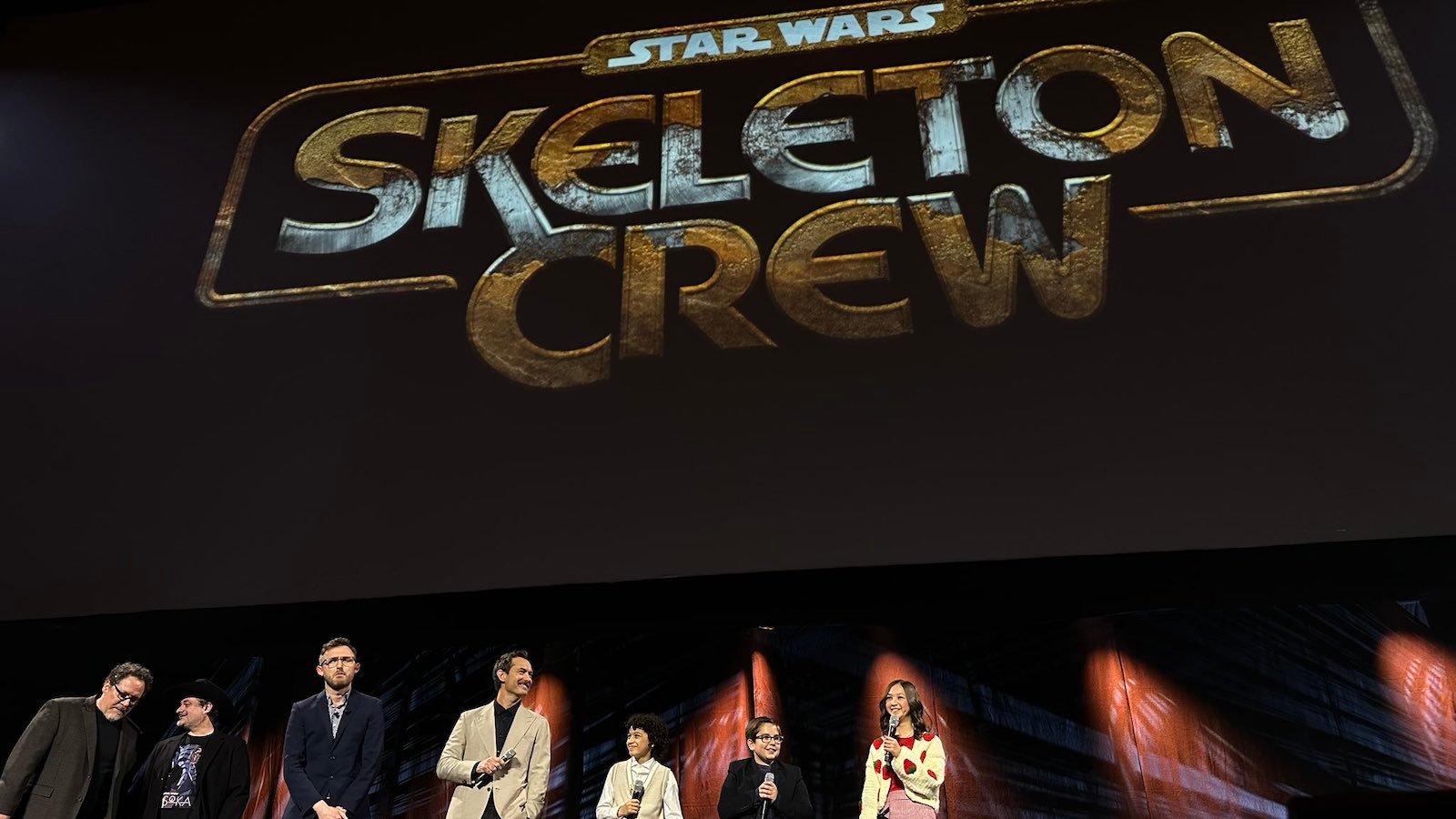‘Emancipation’ Has One of Will Smith’s Best Performances Despite Lackluster Script — Review
In 1863, a picture known as “Whipped Peter”, or “The Scourged Back”, started circulating across North America and the entire world. The “viral” photograph quickly started to raise awareness of the horrors of slavery, and became “a rallying cry” against these practices. The (slightly made up) story of how this picture was taken and that of the man depicted in it are told in Apple’s Emancipation.
The film, directed by Antoine Fuqua and starring Will Smith and Ben Foster, opens with an informative title card that sets the historical framework. On January 1st of that year, the third in the American Civil War, then-president Abraham Lincoln freed the slaves in all rebellious states. That included Louisiana, where we find Will Smith’s Peter completely unaware of the new legislation as he is removed from his family when a new owner buys him. This immediately sets up his motivation for the story — to escape slavery to reunite with his wife and children.
Soon after he starts working under a new lordship, with Ben Foster among the group of white people watching over the plantation. Smith’s Peter will soon learn about Lincoln’s Emancipation Proclamation, and when realizing the Union Army may not be too far north of their current position, he will seek the first opportunity to escape from slavery and give himself to Lincoln’s promised freedom. Foster’s character then starts a relentless chase after him that takes over the entire (and overly long) second act.
For as much advertisement on the movie’s crude depiction of slavery as there has been, Emancipation feels like a poor-man’s Schindler’s List. The most intense sequences never surpass the level of cruelty Steve McQueen showed us in 13 Years a Slave. Overall, Emancipation feels like it got lost between two sub-genres — a survival action-thriller and a historical drama meant to trigger the audience with its depiction of one of humanity’s worst crimes. But it never really explored either one, feeling like a surface-level story that promised more than it delivered. The second act’s pacing terribly hurt the movie, and it feels like there’s a 90-to-100-minute cut of the film somewhere that would get the job done better.
The first act sets up interesting prospects for the rest of the movie, as we start to get under Peter’s skin, introducing key survival skills the character will later use. The second act then represents a tonal shift, becoming an extreme version of real-life Survivor, as he escapes from Foster’s character and his companions (one of which is also Black, something the movie barely explores). Days later, when he finally reaches the Union Army, the film becomes a war epic with Smith at the helm. Ironically, the third act contains what is probably the most brutally realistic battle sequence since the opening of Spielberg’s Saving Private Ryan.
Smith’s raw interpretation is one of the main reasons to watch the film. He brought it, perhaps even more than in last year’s King Richard, and there’s no question why — the actor, who also produces the film, felt a huge responsibility when bringing this story to life, in an attempt to make “Whipped Peter” yet another rallying cry for racism 150 years later. Perhaps Fuqua was just not the right voice to do it despite his evident passion. Ben Foster’s character is clearly meant to be an avatar of many inhabitants of our society today — a particular line explaining that slavery must endure, because otherwise Black people will soon gain control over the country, felt like it was taken out of a conversation in today’s Louisiana.
Emancipation is, by no means, a bad movie. But it feels shallow at times and suffers from a lackluster second act that includes several sequences that will surely raise one or two eyebrows. However, there are obvious cultural barriers in place for me as a viewer, and I am certain many people, especially inside the Black community, will connect to it the way Fuqua and Smith intended. It is a movie targeted at them, but also meant to start a conversation surrounding today’s political climate and how far (or shockingly close) we are from history repeating itself.
The film is currently streaming on Apple TV Plus, after finalizing a week-long theatrical run meant to make it eligible for the Academy Awards.
Miguel Fernández is a Spanish student that has movies as his second passion in life. His favorite movie of all time is The Lord of the Rings, but he is also a huge Star Wars fan. However, fantasy movies are not his only cup of tea, as authors like Scorsese, Fincher, Kubrick or Hitchcock have been an obsession for him since he started to understand the language of filmmaking. He is that guy who will watch a black and white movie, just because it is in black and white.

